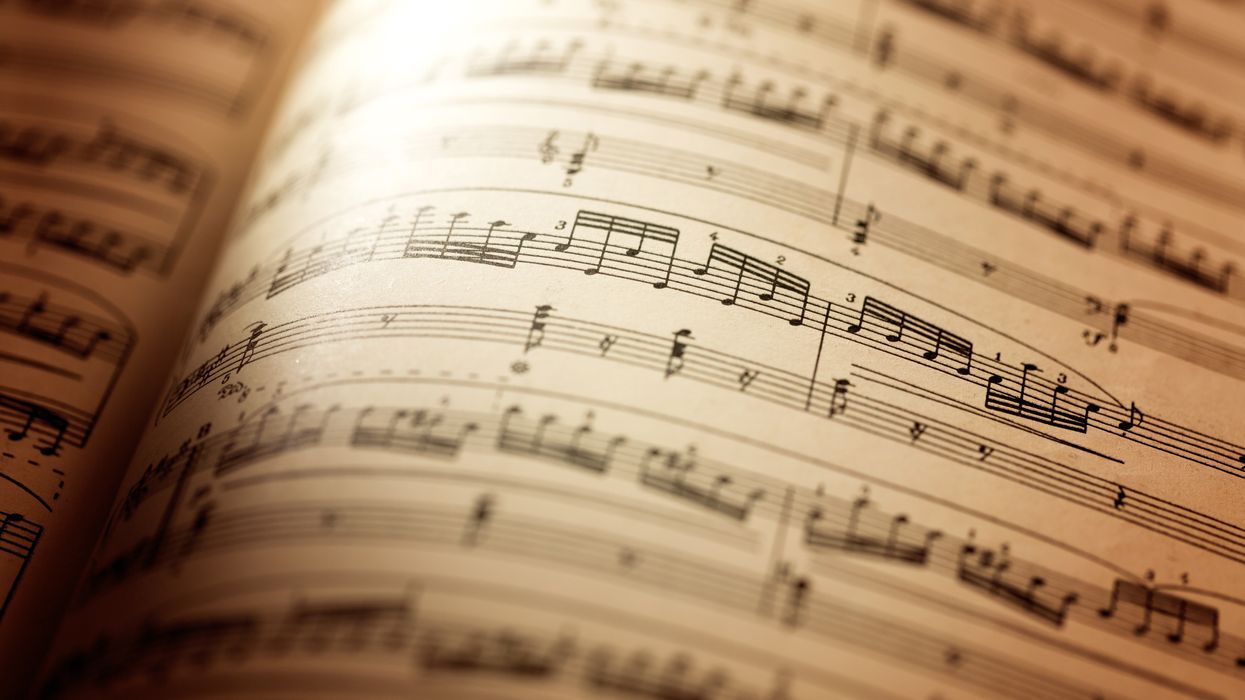Watch: Explore the Key Role Music Has Played in Film
"Music is essentially an emotional language, so you want to feel something from the relationships and build music based on those feelings." —Howard Shore

From the orchestras that played during silent pictures to today's complex multi-layered film compositions, music has not only played a huge role in the evolution of cinema, but cinema has played a huge role in the evolution of music, too. In this video essay by John Hess of Filmmaker IQ, we get to explore the history of the use of music in film, the fundamental elements of music, and how filmmakers use it to evoke emotions and tell more dynamic stories. Check it out below:
There's more to learn than mere film history (although that's important, too). If you're making films with a skeleton crew or by yourself and have to score the music yourself, this video is a great introduction to not only how music works, but how it can be used in films. There are plenty of lessons out there to when it comes to scoring films, but perhaps the most important one is to always try to capture the emotion of the scene. You won't be doing this all the time, necessarily; some pieces are for transitioning, continuity, or simply filling the silence, but understanding how to translate emotions into notes on a piece of sheet music is certainly a valuable skill for a filmmaker to have.
Source: Filmmaker IQ













